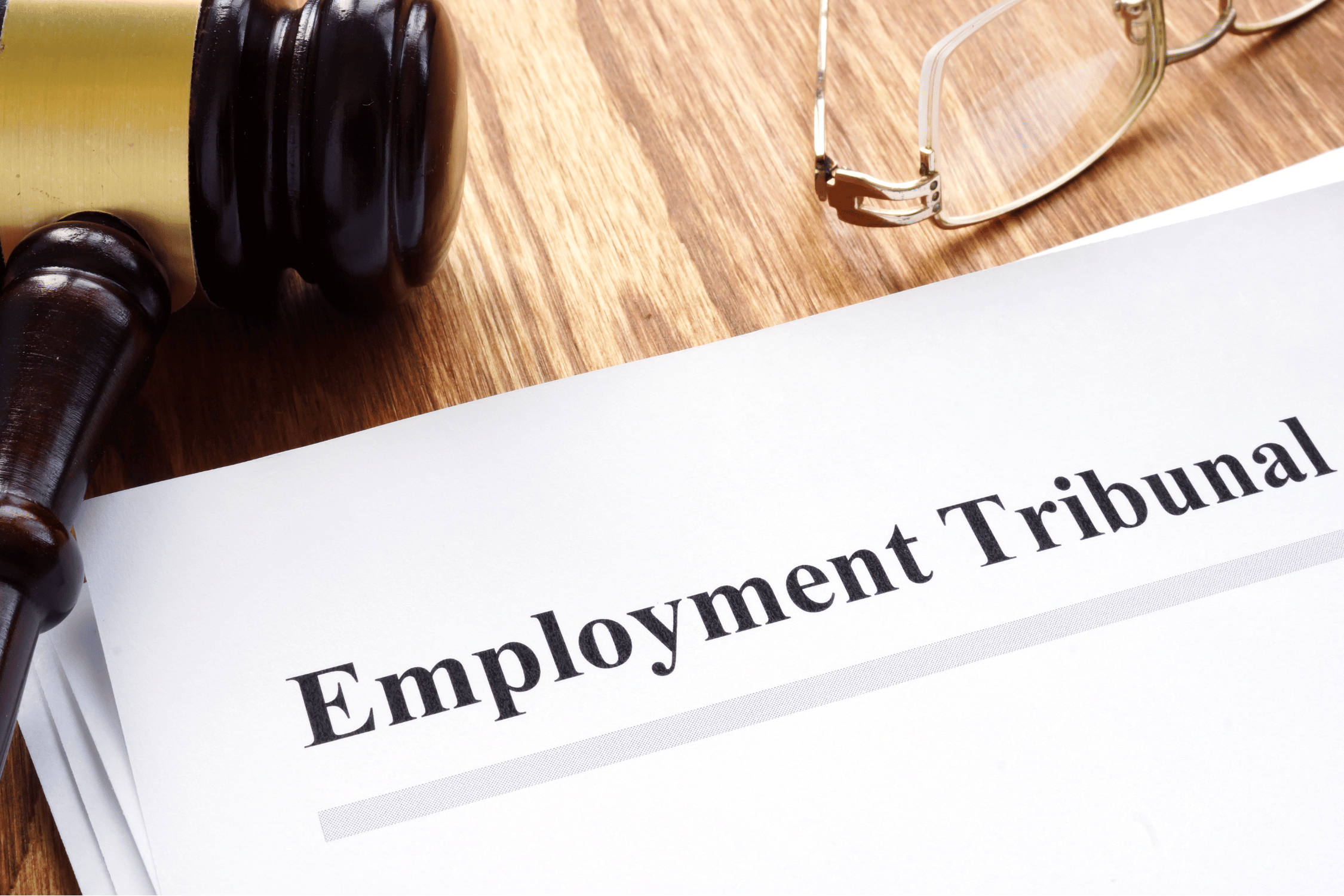Despite LGBT rights having made monumental steps towards equality, sexual orientation discrimination still occurs in the modern day.
In this article, we outline exactly what sexual orientation discrimination is, alongside some examples and routes you can take if you’ve experienced it.
If you have been subject to discrimination or know someone who has, we can help. Please get in contact by calling us on 020 3795 9020.

What is sexual orientation discrimination?
Sexual orientation discrimination is when you receive unfair treatment based on your sexuality. The Equality Act 2010 enforces this law.
Importantly, this kind of discrimination does not need to be intentional as it is unlawful regardless. This means that it can range from a one-off comment to a policy change that affects those of a specific sexual orientation.
What is meant by sexual orientation?
In essence, sexual orientation is your sexuality – who you are attracted to. This includes (but is not limited to):
- Heterosexuality – attraction to the opposite sex
- Homosexuality – attraction to the same sex
- Bisexuality – attraction to both sexes
- Asexuality – little/no sexual attraction to any sex
- Pansexuality – attraction to people regardless of their sex or gender
On top of this, you’re also protected against how you express your sexual orientation. This includes visually (clothing, hair etc.) or your lifestyle.
What is the Equality Act 2010?
The Equality Act 2010 outlines nine characteristics that the law protects against discrimination. These are:
- Age
- Disability
- Gender reassignment
- Marriage or civil partnership
- Pregnancy and maternity
- Race
- Religion and beliefs
- Sex
- Sexual orientation
The Act also protects those who outline or stand up against discrimination against said characteristics.
In reference to sexual orientation, the Act states that an employer must not discriminate against an:
- Employee’s sexuality
- Employee’s percieved sexuality
- Association with others of a particular sexual orientation
Are you looking for a lawyer to help with sexual orientation discrimination? If so, Just give us a quick call on 020 3795 9020.

What are the four types of sexual orientation discrimination?
Direct discrimination
Direct discrimination occurs when someone treats you differently because of your sexual orientation.
Some scenarios in which this occurs include:
- An employer turning down a gay employee for promotion despite them being the most qualified candidate
- A bouncer refusing a woman entry to a gay bar because they think she’s straight
Indirect discrimination
Indirect discrimination occurs when an organisation has a set of rules or polices that affect those of a particular sexuality negatively, despite the rules applying to everyone.
Some scenarios in which this occurs include:
- An organisation offers benefits to husbands and wives but not to civil partners (e.g. car ownership, club membership etc.)
- A job allowing those with children to leave earlier, meaning LGBT employees (who are less likely to have children) have to work later
Harassment
Sexual orientation discrimination through harassment occurs when someone is made to feel humiliated or offended on the basis of their sexuality.
A gay employee experiencing homophobic jokes at work falls under harassment. If the employer cannot prove they’ve made efforts to stop this harassment, they’ll be liable for sexual orientation discrimination.
Victimisation
Victimisation occurs when someone treats you unfairly because you’ve complained or stood up against sexual orientation discrimination. This could be discrimination against yourself or someone else – regardless, it is still unlawful.
Where might sexual orientation discrimination not apply?
In some cases, a party’s actions may fall under sexual orientation discrimination, but they may still be lawful. There are a number of scenarios in which this may occur.
Objective justification
Objective justification is the lawful reasoning behind a party’s decision to commit sexual orientation discrimination. An organisation must have a solid defence as to why they’re discriminating against sexuality, otherwise their actions will be unlawful.
Example: a business holds a conference in a country where homosexuality is illegal, meaning members of the team that are gay cannot attend. A business can stay within the law by proving that it was vital for the business to hold the conference in that country specifically.
Occupational requirement
Rarely, an employer may need an employee to be a certain sexual orientation in order to best perform their role. However, the employer must need to provide a good reason as to why they require this.
Example: an employer wants to hire someone from the LGBT community for a role that works with young people struggling with their sexuality. This is important as the community they are working with would likely feel much safer and willing to speak openly with an LGBT employee.
Positive action
In the workplace, employers can encourage those of a specific sexual orientation within their workforce if they have:
- Different needs
- Historically been put at a disadvantage
- A record of low participation
Example: offering work experience or training to LGBT employees to help them overcome difficulties in their role.

Real life examples
P Allen v Paradigm Precision Burnley Ltd and Carl Wheeler (2020)
In this case, an employment tribunal awarded Peter Allen £175,000 in damages against his former employer Paradigm Precision, an aerospace component manufacturer.
Allen believed that he was not given a promotion on the basis of him wishing to go on adoption leave with his partner. Furthermore, once his colleagues became aware of his sexuality, he experienced discriminatory treatment through homophobic comments and jokes made at his expense.
The tribunal ultimately ruled that Allen was unfairly treated due to his sexual orientation. This was based on the employer’s treatment of Allen upon revealing he was gay, alongside them failing to provide an inclusive workspace.
Plaistow v Secretary of State for Justice (2019)
Mr Plaistow was a prison officer working at HMP Woodhill in 2014. He told his manager, Ms Laithwaite, that he was bisexual during his induction at the facility. Importantly, he told her this in confidence.
Plaistow then went on to suffer various forms of harassment from his colleagues, including homophobic comments and damages to his property. He went on to raise a number of grievances regarding this treatment yet was ultimately dismissed for gross misconduct in 2016.
Plaistow escalated his grievances to the Employment Tribunal, bringing forth a claim of unfair dismissal and victimisation. He was successful in his claim, with the Tribunal highlighting the sexual orientation discrimination that he experienced.
The Tribunal was extremely critical of the employer’s mishandling of procedures and breaking of confidentiality. In compensation for this, Plaistow received nearly £65,000 in damages.
What should I do if I’m facing discrimination at work?
When facing sexual orientation discrimination, the first course of action is always to inform your employer. You can also contact your union representative if you’re part of a trade union.
If this doesn’t resolve your matter or the resolution doesn’t satisfy you, you can follow the grievance procedure in your employment contract.
To take grievances higher, you can take your case to the Employment Tribunal.
How can LGBT Lawyers help?
If you or a person you know is facing sexual orientation discrimination, it may be best to seek legal advice. A solicitor that has experience in dealing with cases involving protected characteristics will be the best way forward, as this will give you the best chance of success.
When facing a sexual orientation discrimination matter, lawyers will first require an initial consultation to understand your case.
This will outline:
- The cost of your legal matter
- An overview of where you stand legally
- Your available options
Are you looking for lawyer that can help you with a sexual orientation discrimination matter?
If you have been facing a sexual orientation discrimination matter, don’t worry. We can help you today.
SPEAK TO OUR TEAM ON 020 3795 9020



0 Comments